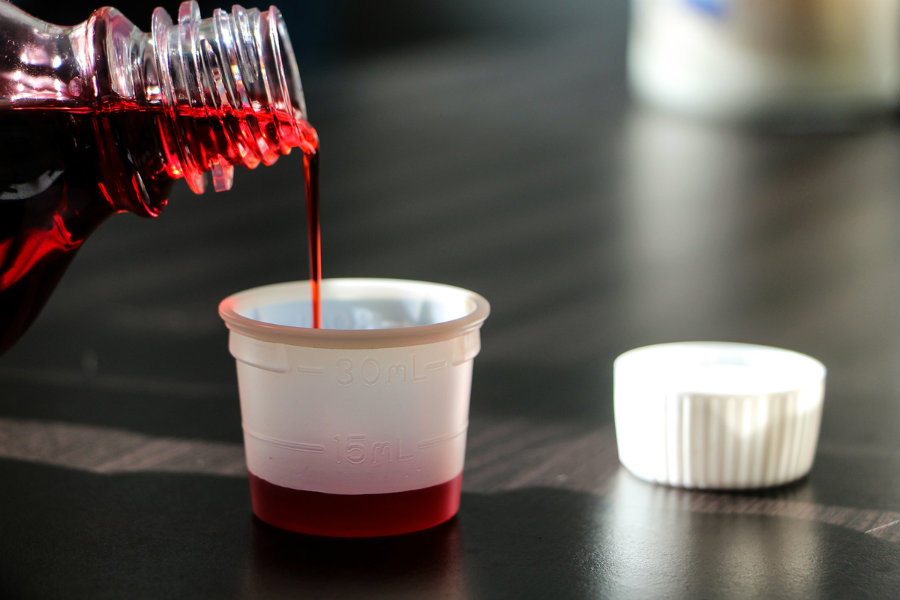The Food and Drug Administration (FDA) issued new warnings on the use of opioids codeine and tramadol in children, both being drugs designed to treat pain.
The main risk is that these drugs can cause slowed breathing in children younger than 12 years, which can increase the risk of death by suffocation. The use of codeine and tramadol should also be partially restricted when used on children older than 12.

Furthermore, the FDA reinstates that single-ingredient codeine and any product that contains tramadol are approved for adult use only. Breastfeeding mothers should also avoid using these drugs.
Read the label of that cough syrup
In 2014, the FDA registered almost 1.9 million patients younger than 18 years old that received codeine-containing products from retail pharmacies. In that same year, nearly 167,000 patients younger than 18 old received a prescription for at least one product containing tramadol, even if the FDA recommends against this practice.
Being opioids, codeine and tramadol have been under strict rules of use, although this has not stopped patients from using tramadol on children to treat pain, as reported by the FDA. Codeine is used to treat coughing and moderate amounts of pain, and it is frequently available in over-the-counter cold medicines and cough syrups.
Warnings were issued in 2013, and two times in 2015, focusing on the fact that some children can metabolize codeine and tramadol much faster than what they’re expected to.
To enforce the most recent warning, the FDA solicited drug manufacturers to change the labels of all prescription drugs containing codeine and tramadol. The FDA already issued restrictions on codeine use in children for post-surgery pain treatment, especially when it comes to the removal of their tonsils. They are now adding extra measures for codeine and tramadol use.

Besides issuing a contraindication to the drug labels that contain codeine and tramadol for children younger than 12 years of age, the drug is now not recommended to treat post-surgery pain in children. Also, codeine and tramadol products will come with a warning against their use on obese teens between 12 and 18 years old who suffer from sleep apnea or other respiratory conditions.
64 cases of severe breathing problems due to codeine use on children were reported between 1969 and 2015, 24 of which resulted in the death of the patient. For tramadol, there were nine cases of breathing problems, and three of those were fatal in that same period. Some cases occurred after the patient had taken a single dose of the drug.
Regarding breastfeeding and codeine use, the FDA cites “numerous cases of excess sleepiness and severe breathing problems” in infants, among which one case resulted in the child’s death.
Some popular drugs that contain codeine are Tylenol with codeine, Prometh VC with codeine, Soma Compound with codeine, and Tuxarin ER. Those that contain tramadol are Conzip, Ultracet, Ultram, and Ultram ER. There may also be generic products that contain codeine or tramadol. The FDA recommends caregivers to always check the label before administering cough or pain drugs to children to ensure that it does not contain codeine.
Source: FDA
